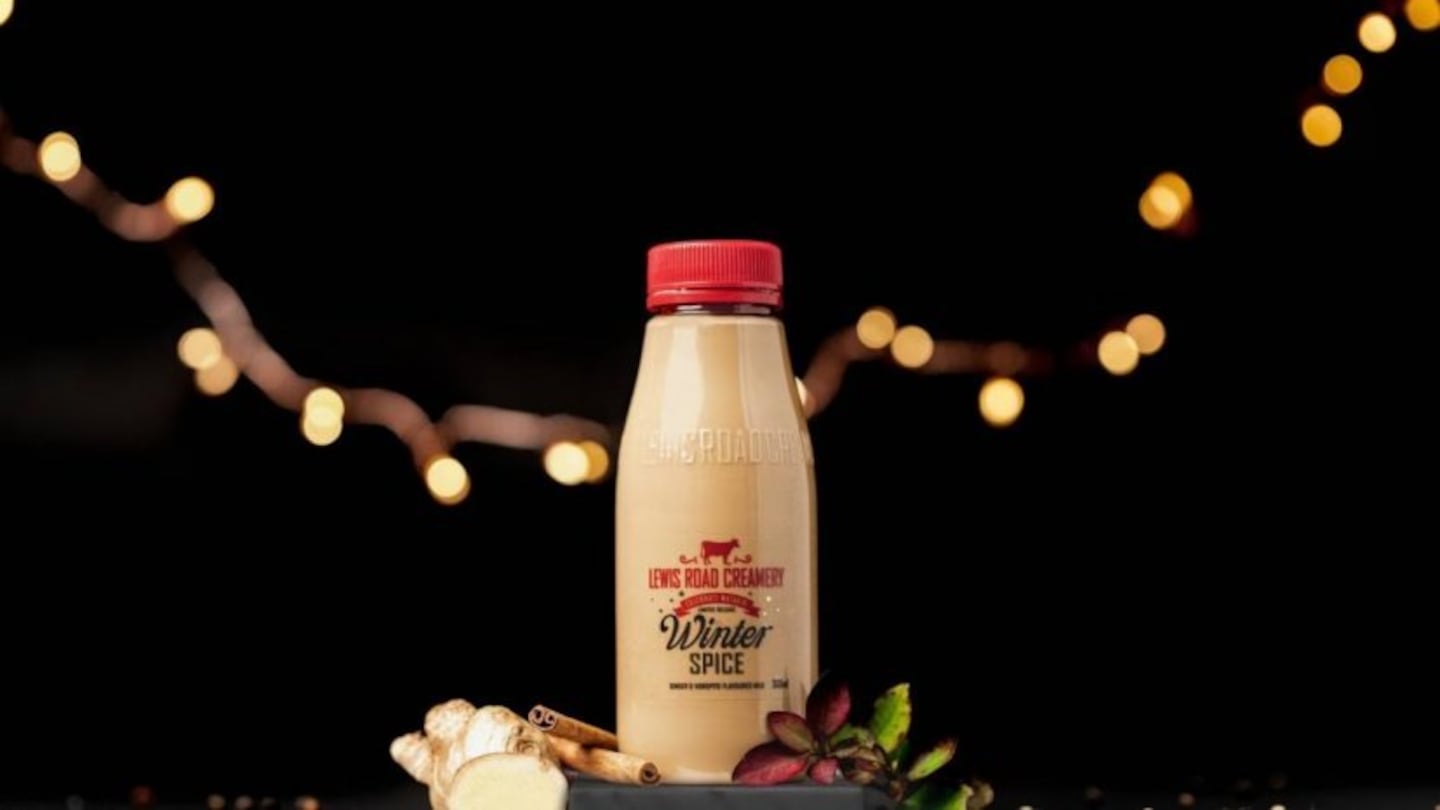Matariki Milk is a limited run of supply and is not for profit. Photo / Supplied
A New Zealand company is defending a Matariki special edition flavoured milk as criticism mounts over it taking commercial advantage of Māori New Year.
Lewis Road Creamery - for the second year - has produced a spicy flavoured milk to commemorate Matariki, and says the not-for-profit product costs it money to produce.
Company spokeswoman Lynette Maan says the horopito-flavoured milk is a celebration of a collaboration with Māori, and not a sly money-making venture.
“It’s such a short product period that we won’t make any money but, as food producers, we think it’s really important at Matariki to pause and reflect on our place living and working on the whenua, and to share the fruits of our labour.”
But not everyone is not entirely convinced of Lewis Road Creamery’s intentions.
Bernie O’Donnell, chair of the Manukau Urban Māori Authority, a director of the Whānau Ora Commissioning Agency, an academic and cultural adviser to Auckland University, said what Māori don’t want to see is when “commercialisation becomes normalisation of Māori taonga”.
“It is often the tradeoff and we have to watch this space,” O’Donnell said.
'As long as it doesn't diminish'
“From a positive, Matariki was not even something many non-Maori were aware of. Now the country knows and acknowledges Matariki.
“As long as it doesn’t risk or diminish what Matariki means to Māori.”
O’Donnell said the same thing happened to Waitangi Day, “where Waitangi Day specials and sales became the norm”.
“That’s the tradeoff of where we need to get to so Matariki never becomes foreign to Kiwis.
“It’s all about what does tomorrow look like for our people. Appropriation is worse.”
Community advocate and cultural advisor Rangi McLean agrees.
Keeping an eye on it
“We always knew the commercialisation aspect would come along,” McLean said.
“The only thing we can do is keep an eye out and inform groups and organisations that there are things, like Matariki, that are sacred to us as Māori.
“We continue to push that message. From a cultural and sensitivity lens, we need to keep on top of that and if anything inappropriate comes up, then we have to call it out.”
McLean said a company once used a picture of the late Māori King Tāwhiao on a tea towel.
“We jumped up and down and they removed it.”
Others have taken to Twitter to voice their concerns.
Lizzie Marvelly had a view.
Worked with Māori
“How is ‘winter spice’ related to Matariki, @lewisrdcreamery? Willing to give the benefit of the doubt but please let us know about the kōrero you’ve had with Matariki experts and iwi about this new product.”
When told by the NZ Herald that Lewis Road Creamery had worked with Māori on this product, she said more companies could learn from this collaboration.
“I’m so glad, now I know more information about this collaboration and I hope other organisations use this approach when thinking about Māori matters.”
The milk, from Pouarua Farms, uses native horopito that’s been wild-harvested from the Horopito region near Ruapehu, combined with ginger root, notes of caramel, spices and black pepper.
Pouarua Farms is jointly owned by Ngāti Maru, Ngāti Paoa, Ngāti Tamaterā, Ngāti Tara Tokanui and Te Patukirikiri. They have supplied PKE-free milk to Lewis Road Creamery for several years.
“The Winter Spice milk absolutely flew off the shelves last year, with every bottle gone within just a few weeks,” says Maan. “We couldn’t wait to bring it back as a way of marking this important time of year.”
Lewis Road Creamery’s owner, Southern Pastures says it has long celebrated Matariki on its 19 dairy farms and will also be hosting celebrations to thank its farmers around Aotearoa over the coming weeks.

